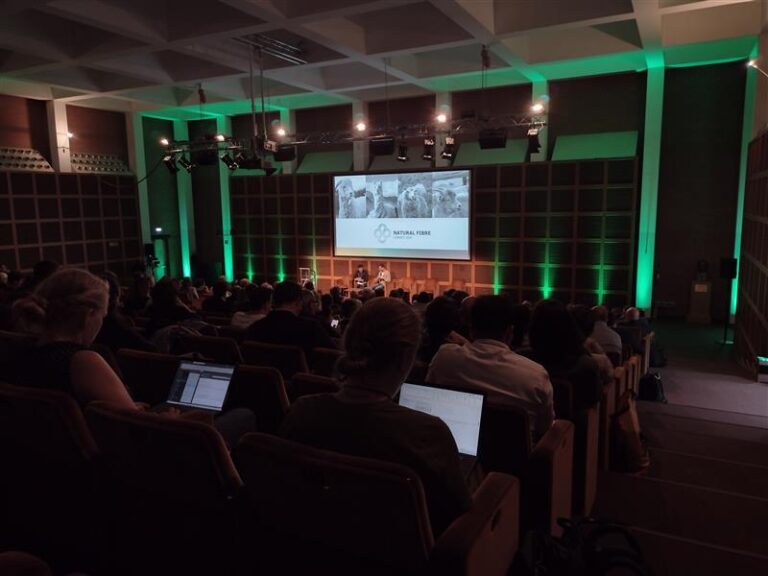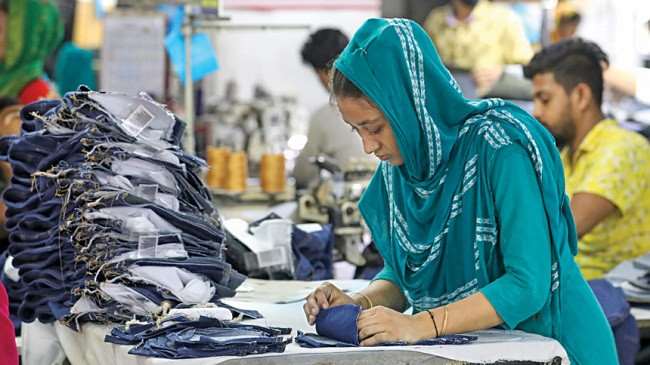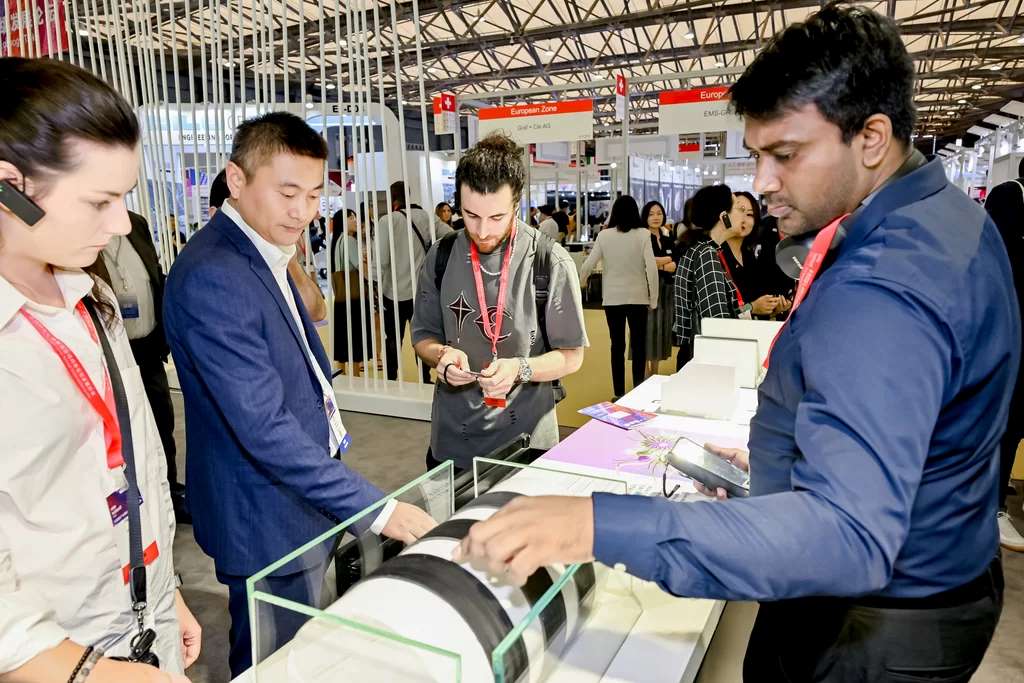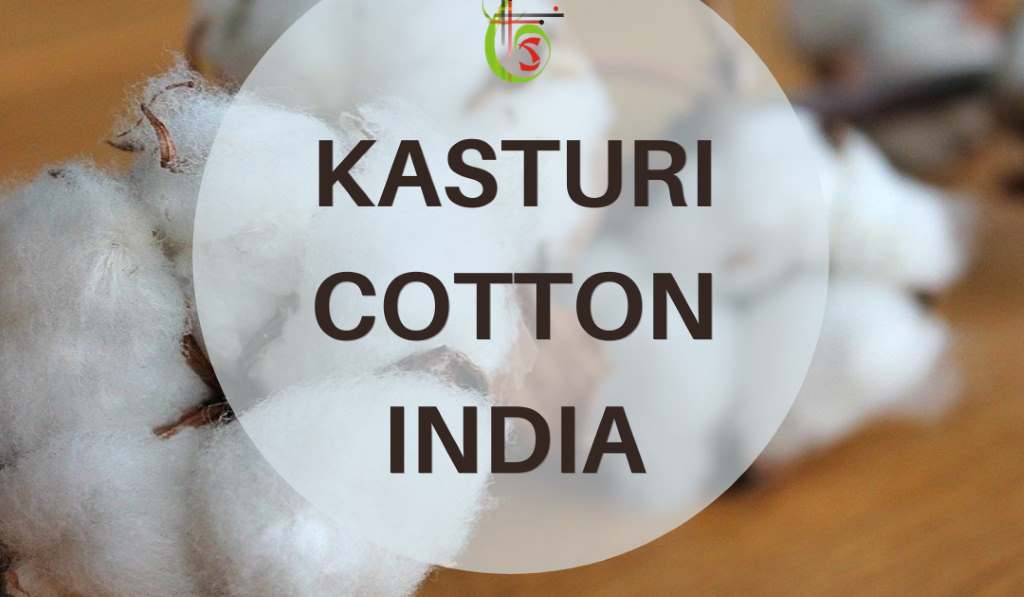The textile industry is eagerly anticipating significant support, particularly for the spinning sector in the upcoming Union Budget for fiscal 2024-25, slated for presentation on July 23 by Finance Minister NirmalaSitharaman,
Stakeholders in the industry, including RK Vij, Textile Association of India (TAI) and the Polyester Textile and Apparel Industry Association (PTAIA), are emphasising several key demands. These include ensuring a steady supply of raw materials such as cotton, polyester, and viscose at globally competitive prices and standards. Vij also advocates for increased duties on garment imports to boost domestic manufacturing competitiveness.
Furthermore, Vijemphasiseson the extension of the Remission of Duties and Taxes on Exported Products (RoDTEP) Scheme beyond its current deadline in September 2024. He highlights concerns over the inverted duty structure of GST and urges for streamlined tax rates across various textile products, suggesting higher taxes on downstream items.
Reiterating these sentiments, RakeshMehra, Chairman, Confederation of Indian Textile Industry (CITI), calls for policies to ensure competitive raw material prices and proposes a Technology Upgradation Fund Scheme (TUFS) to stimulate investments in textile processing and value addition.
Dr. SK Sundararaman, Chairman, The Southern India Mills’ Association (SIMA), emphasiseson the need for fair trade policies and urges for the availability of high-quality cotton at 10 per cent lower prices than international markets. He advocates for removing import duties on cotton to facilitate easier access to global supplies and enhance domestic cotton production.
Sanjay Garg, President, Northern India Textile Mills’ Association (NITMA), stresses the imposition of a minimum import price (MIP) on all fabric types to curb imports and prevent manipulation. Garg also advocates for the removal of import duties on cotton to address cost discrepancies compared to global rates.
JaikrishnaPathak, President, The Bombay Yarn Merchants Association and Exchange, underscores the need to streamline the polyester textile value chain and reduce GST on raw materials to rectify the inverted duty structure.
These industry experts collectively seek proactive measures from the government to support raw material availability, enhance competitiveness, and stimulate investment across various segments of the textile sector ahead of the upcoming budget presentation.












